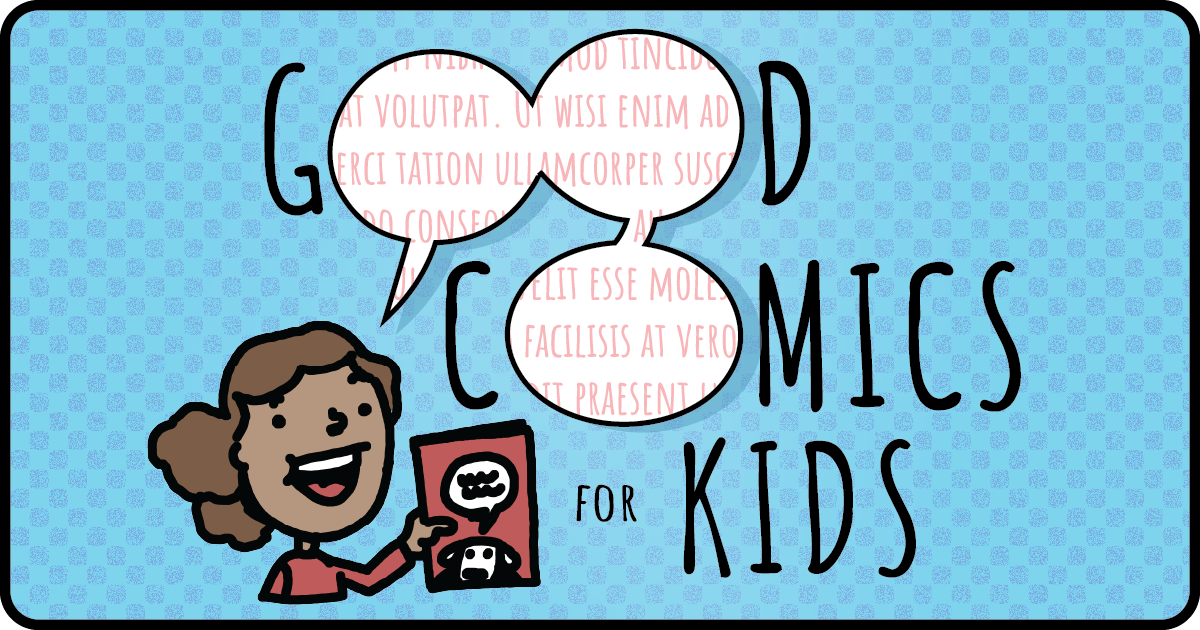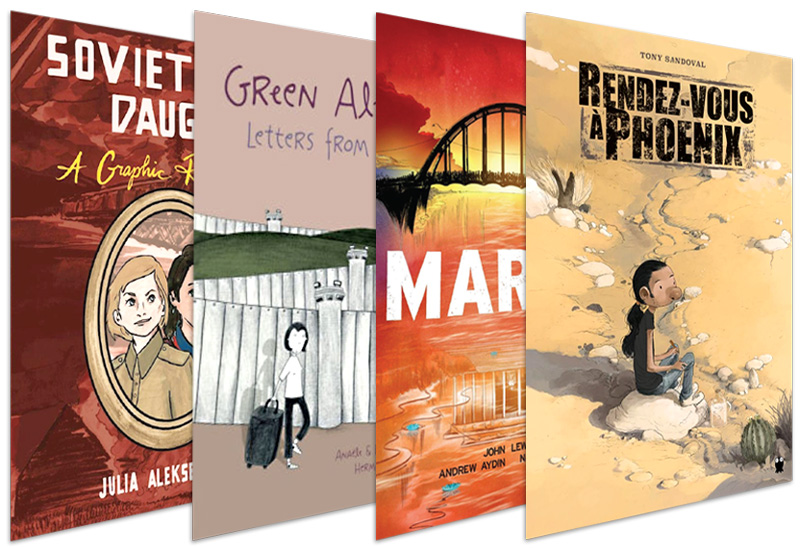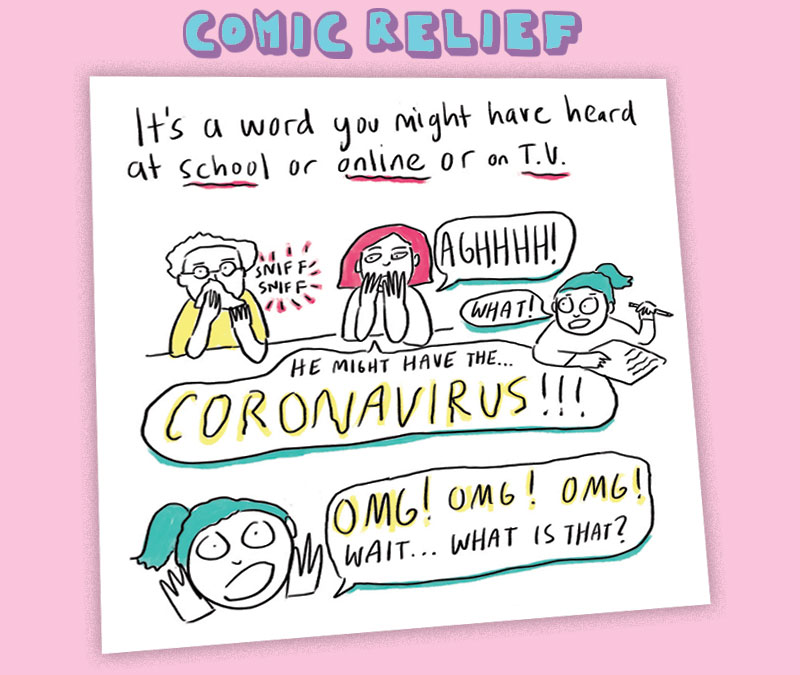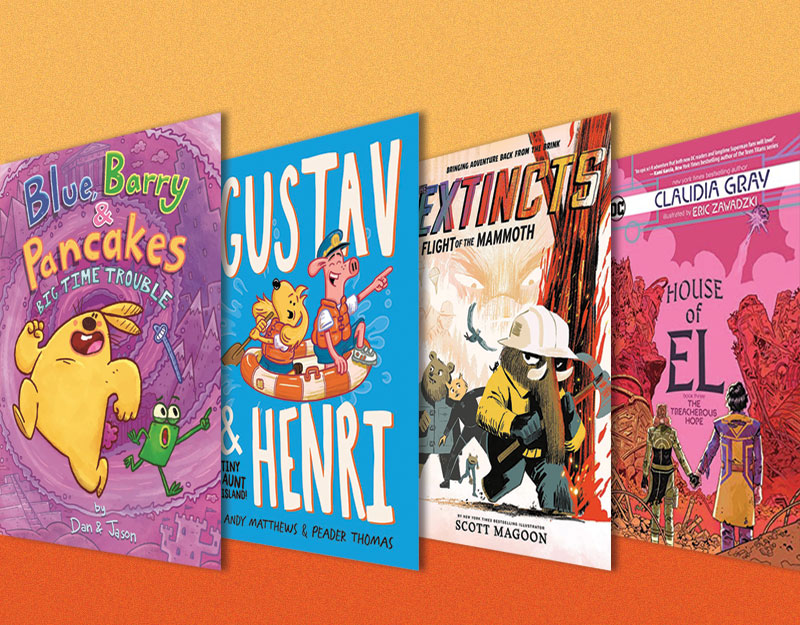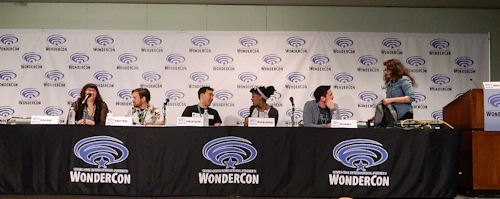
Wondercon 2016: The Importance of Licensed Comics in the Industry
 Sunday mornings at Wondercon tend to be a crap-shoot. You never know what’s going to happen or even if the panel you are going for is going to happen. It started to feel that way when we walked into the room for “The Importance of Licensed Comics in the Industry” panel. I was interested in it because a lot of all-ages titles are based on licensed properties. While only a few people wandered in, I was heartened when panelists Sarah Kuhn, creative team Collin Kelly and Jackson Lanzing, Chrystin Garland, Kyle Higgins and moderator Dafna Pleban took their places.
Sunday mornings at Wondercon tend to be a crap-shoot. You never know what’s going to happen or even if the panel you are going for is going to happen. It started to feel that way when we walked into the room for “The Importance of Licensed Comics in the Industry” panel. I was interested in it because a lot of all-ages titles are based on licensed properties. While only a few people wandered in, I was heartened when panelists Sarah Kuhn, creative team Collin Kelly and Jackson Lanzing, Chrystin Garland, Kyle Higgins and moderator Dafna Pleban took their places.
 Pleban started the discussion by asking the panel if they had been fans of the licenses they worked on and how it affected their work on the titles. Kuhn, whose previous work was Heroine Complex, was excited to work on Barbie for Papercutz. It was her first licensed title and she was happy to get to put some of her own spin on the character. With the first story featuring Barbie as a fashion designer, she drew inspiration from from characters such as Twilight Sparkle of My Little Pony: Friendship is Magic and Elle Woods from the Legally Blonde movies. As a previous fan of Barbie, she talked about how she played with her Barbies, often making them the leads of TV shows or comics, playing “Highlander Barbie” or “Crisis on Infinite Barbies.”
Pleban started the discussion by asking the panel if they had been fans of the licenses they worked on and how it affected their work on the titles. Kuhn, whose previous work was Heroine Complex, was excited to work on Barbie for Papercutz. It was her first licensed title and she was happy to get to put some of her own spin on the character. With the first story featuring Barbie as a fashion designer, she drew inspiration from from characters such as Twilight Sparkle of My Little Pony: Friendship is Magic and Elle Woods from the Legally Blonde movies. As a previous fan of Barbie, she talked about how she played with her Barbies, often making them the leads of TV shows or comics, playing “Highlander Barbie” or “Crisis on Infinite Barbies.”
ADVERTISEMENT
ADVERTISEMENT
 Lanzing talked about working on the Teenage Mutant Ninja Turtles comics and how his work was about bringing new stories to the series, such as telling a story from April’s perspective. He stated that it should not be about going for what you want as a fan, but telling new and different types of stories. Kelly said that in their work on the Maze Runner series, the first thing often considered is to answer questions brought up in the books or movies. But that isn’t what they did. They chose to explore the quiet moments and expand on the characters and the world. They got to make new mazes and add to the world building in another’s universe.
Lanzing talked about working on the Teenage Mutant Ninja Turtles comics and how his work was about bringing new stories to the series, such as telling a story from April’s perspective. He stated that it should not be about going for what you want as a fan, but telling new and different types of stories. Kelly said that in their work on the Maze Runner series, the first thing often considered is to answer questions brought up in the books or movies. But that isn’t what they did. They chose to explore the quiet moments and expand on the characters and the world. They got to make new mazes and add to the world building in another’s universe.
Higgins built on Lanzing and Kelly, emphasizing that the stories one wants to see as a fan are not a good reason to tell stories. He worked on the Batman Beyond series for DC, and he found the motivation to write wasn’t just to answer questions. While as a fan you may want to change things around, continuity should be in service of the story and not to please your fannish side.
Garland, the illustrator for the new series Steven Universe and the Crystal Gems, spoke about the learning curve of doing licensed work: That it was about finding a way to fit into the existing universe and finding the characters who are a nice fit, especially when you are creating a new character for the universe.
 The panelists then discussed finding freedom in the work, and being able to do different interpretations of the licensed characters. Kuhn spoke about having guidelines from the licensor for Barbie that specified the look, sound, and values of the character. For example, Barbie wasn’t allowed to use any slang in her speech, but she still found a way to insert her own voice within those guidelines. But finding that balance between the character’s voice and the voice of the writer wasn’t always easy. When there is a live voice to hear, such as with characters from TV and movies, it could be easy to imitate their voice. But as a writer one doesn’t want to always bend to the universe’s voice. It is best left to the editor to make those calls.
The panelists then discussed finding freedom in the work, and being able to do different interpretations of the licensed characters. Kuhn spoke about having guidelines from the licensor for Barbie that specified the look, sound, and values of the character. For example, Barbie wasn’t allowed to use any slang in her speech, but she still found a way to insert her own voice within those guidelines. But finding that balance between the character’s voice and the voice of the writer wasn’t always easy. When there is a live voice to hear, such as with characters from TV and movies, it could be easy to imitate their voice. But as a writer one doesn’t want to always bend to the universe’s voice. It is best left to the editor to make those calls.
When talking about who licensed titles are for, there are generally two types of readers: There is the direct market crossover—comics fans who are interested in all different kinds of properties—and the fans of the property, who may not read comics. Reaching the second type is the challenge for publishers. It was strongly emphasized, though, that the stories should not be written for the numbers. Being based on a licensed property is not an excuse for a writer to do less than their best. The stories are not just intended to drive profit to the licensor but to tell good stories in an established universe that new fans and old will enjoy just as much as the original medium.
 Working on a licensed property can help a new creator get into the comics industry. One can build relationships and get more work. It can be a place to try and fail, to learn the comics craft. Higgins said that he hates writing, but he likes to tell stories. When you first start writing, you have all these tricks you’ve picked up, but you exhaust them fast. Once that is done, the real writing starts. You learn to use different writing muscles. Working on licensed properties lets you do that by playing within a “sandbox” with set rules.
Working on a licensed property can help a new creator get into the comics industry. One can build relationships and get more work. It can be a place to try and fail, to learn the comics craft. Higgins said that he hates writing, but he likes to tell stories. When you first start writing, you have all these tricks you’ve picked up, but you exhaust them fast. Once that is done, the real writing starts. You learn to use different writing muscles. Working on licensed properties lets you do that by playing within a “sandbox” with set rules.
This panel was a bit frustrating, as there was an audience member who came in with a set idea of what the panel was about and kept derailing the conversation and interrupting Pleban. To both her and the panelists’ credit, they handled his interruptions well and continued to try to steer the conversation back. Many of the audience members were getting upset at his constant interruptions, to which, sadly, he seemed completely oblivious. We didn’t get a question and answer time because of this, but still, Pleban and the panelists managed to pull off an enlightening and entertaining panel about licensing and its continued importance to the comics industry.
Filed under: News
About Lori Henderson
Lori Henderson is a mother of two teenage daughters and an avid reader. She blogs about manga at her personal blog Manga Xanadu as well as contributing and editing for Manga Village. She blogs about all things fandom (mainly Doctor Who) at her other personal blog Fangirl Xanadu. She's been at it so for over 5 years now and counting!
ADVERTISEMENT
ADVERTISEMENT
SLJ Blog Network
The Moral Dilemma of THE MONSTER AT THE END OF THIS BOOK
Cover Reveal and Q&A: The One and Only Googoosh with Azadeh Westergaard
Fighting Public School Book Bans with the Civil Rights Act
ADVERTISEMENT

